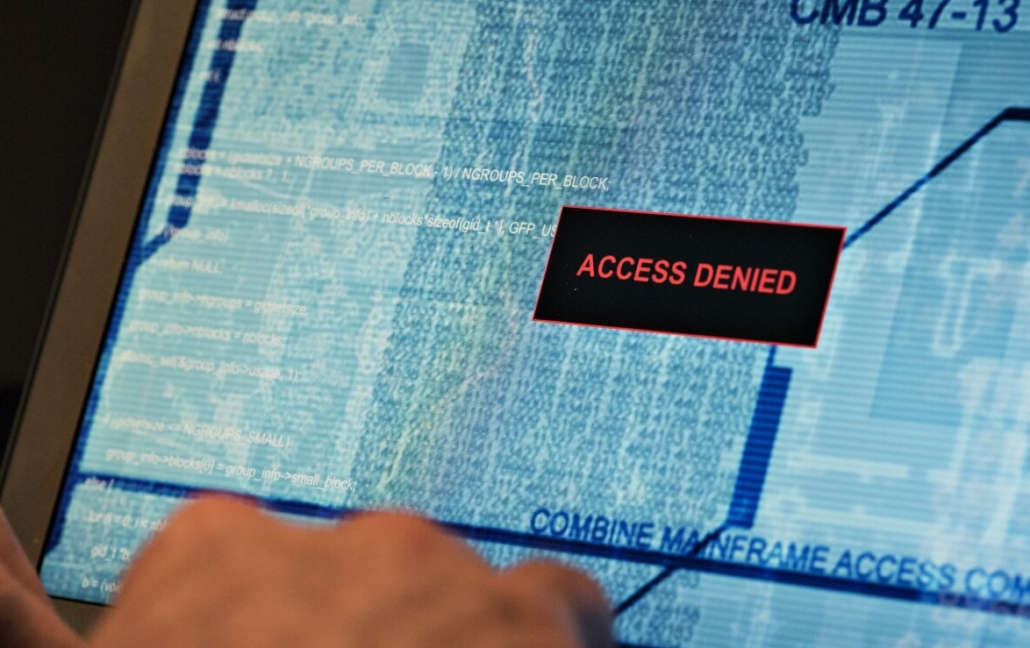Artificial Intelligence: Regulatory Status and Impact on the Practice of Law
/in Webinars/by Information AnalystArtificial Intelligence: Regulatory Status and Impact on the Practice of Law
Webinar
About This Webinar
Overview of the Seminar
“Artificial Intelligence: Regulatory Status and Impact on the Practice of Law” is a pioneering seminar that delves into the intricate relationship between AI and law. As AI continues to impact and revolutionize industries, comprehending its legal implications is paramount. This seminar provides a comprehensive analysis of AI’s current regulatory status and its transformative impact on legal practice.
Why Choose to Take the Seminar
In an era where AI has the potential to reshape the legal landscape, staying ahead of the curve is essential. This seminar offers lawyers the unique opportunity to delve into AI’s regulatory complexities, enabling them to navigate the digital revolution confidently. By understanding AI’s potential and its legal ramifications, you can provide more informed, innovative solutions for your clients.
What You Will Learn from the Seminar
In this seminar, our legal and technical expert panelists begin by explaining how AI works and what generative AI is. They highlight some of the risks of using this technology in the practice of law and discuss a recent case that highlighted ethical concerns. Our speakers then review the current regulatory landscape, from state to federal to international, and conclude with insights on its impact on the legal profession.
Topics covered in this webinar:
- Overview of Artificial Intelligence and How it Works
- The State of AI Regulation
- Use of AI for the Practice of Law
- Impact of AI on the Legal Profession
Who Should Take the Seminar
This seminar is designed for forward-thinking lawyers and technology executives. If you’re keen to stay at the forefront of legal and technological advancements, understand the regulatory landscape of AI, and harness its potential responsibly and effectively, this seminar is for you.
Speakers:
- Daniel B. Garrie, Esq.
- Founder, Law & Forensics
- Neutral, JAMS
- Adjunct, Harvard University
- Bradford Newman
- Chair of North America Trade Secret Practice, Baker McKenzie
- Kristen Mathews
- Partner, Morrison Foerster
- Antonio Tavares Paes
- Partner, Costa e Tavares Paes Advogados
Attending the webinar
If you would like to attend the program, please click this link and add the program to your “Cart.” Please note you may need to click the link twice to reach the webinar’s page.










